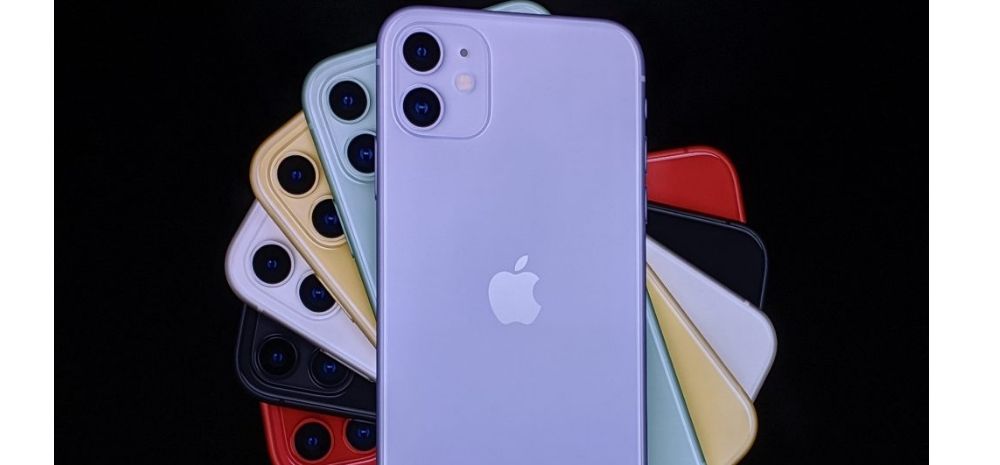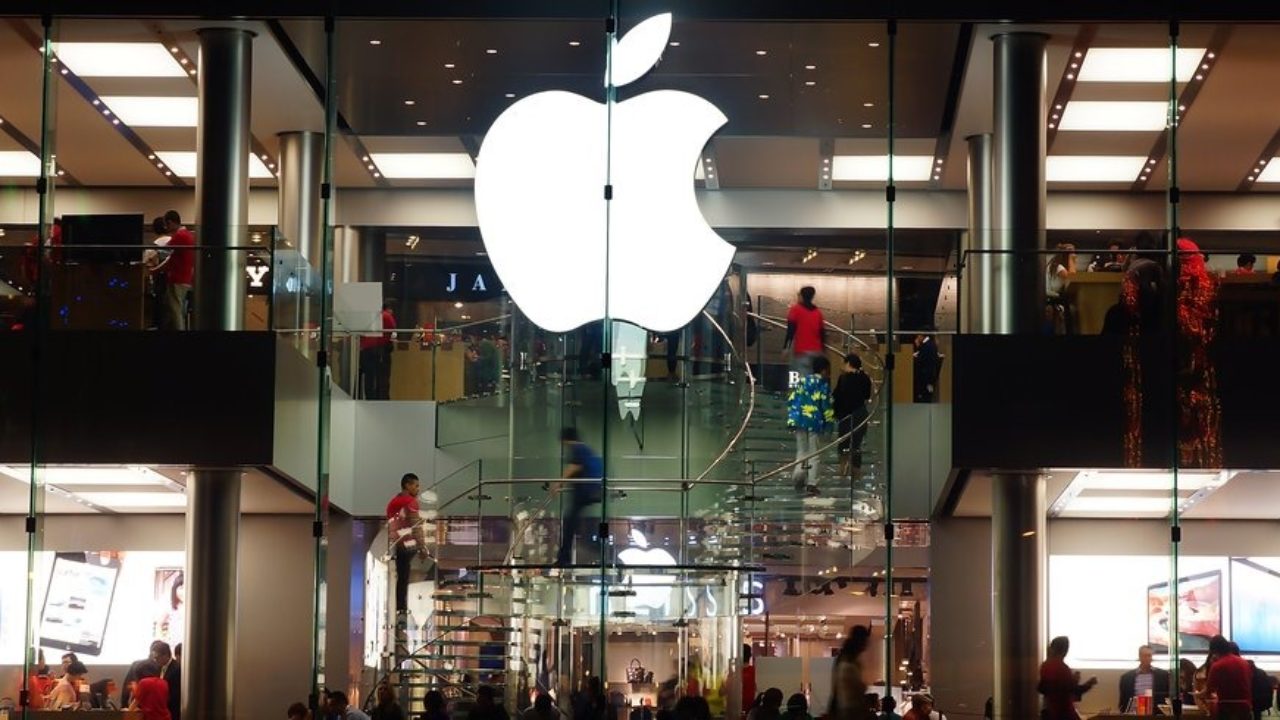On Monday, prosecutors and an association said that France is investigating US tech giant Apple over it allegedly planning for smartphones to become out of date through restricting their repair.

Apple Under Probe For Restricting Smartphone Repair In France
It appears that the probe into purported misleading commercial practices and planned obsolescence has been underway since December, according to the Paris prosecutor’s office.
The actions are followed by a complaint filed by the Halt Planned Obsolescence (HOP) association.
The association is hoping that the investigation would demonstrate the iPhone maker was “associating the serial numbers of spare parts to those of a smartphone, including via microchips, giving the manufacturer the possibility of restricting repairs by non-approved repairers or to remotely degrade a smartphone repaired with generic parts”.
Further, HOP called on Apple “to guarantee the right to repair devices under the logic of real circular economy”.
So far there is no statement released from Apple France in this regard.
It’s Not The First Time
Prior to this, Apple agreed to pay 25 million euros (then $27.4 million) for failing to tell iPhone users that software updates could slow down older devices in 2020.
A scandal erupted when the US tech giant admitted that its most recent iOS software was slowing the performance of older telephones whose battery life was deteriorating during December 2017.
Last week, Italy’s antitrust regulator said that it has opened an investigation into tech giant Apple for allegedly abusing a dominant position in the app market.
We are talking about Apple’s App Tracking Transparency policy that compels third-party developers to secure an opt-in from iPhone users to track their usage for advertising and other purposes.
The same policy which was launched two years ago, blew a hole in Facebook’ revenue, causing a tremor in the online advertising market as many users chose to disallow tracking.
The Italian authority said that the Silicon Valley titan “has adopted a more restrictive privacy policy for third-party app developers than it applies to itself”, media reported.












